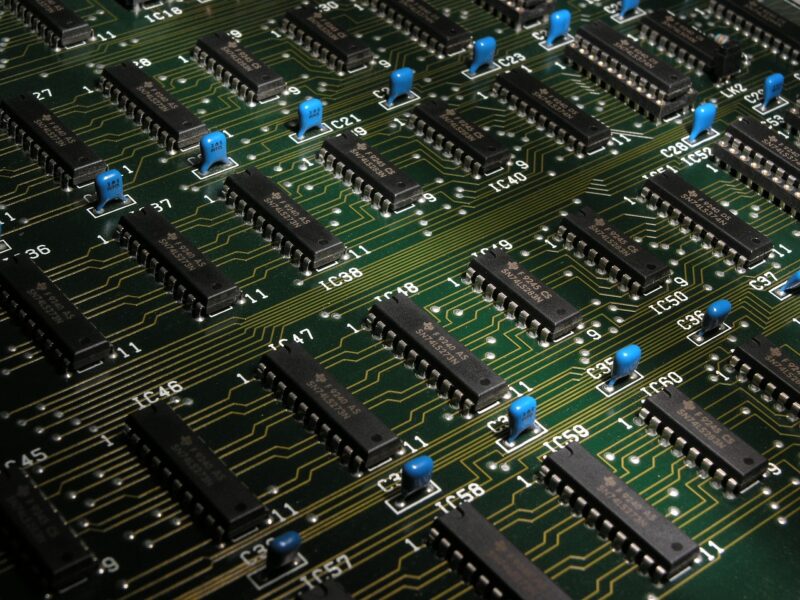In our increasingly connected world, reliable communication is crucial. Whether it’s transmitting data, making phone calls, or streaming content, maintaining signal integrity is essential to ensure smooth and uninterrupted communication. In this blog post, we will explore the importance of maintaining signal integrity and discuss strategies to prevent disruptions and ensure reliable communication.
Understanding Signal Integrity
Signal integrity refers to the quality and reliability of electrical signals as they travel through various systems and components. It involves preserving the integrity of the transmitted information, minimizing distortions, and preventing disruptions that can degrade the signal quality. Signal integrity is critical for a wide range of applications, including high-speed data transmission, telecommunications, and audio/video communications.
The Impacts of Signal Disruptions
Signal disruptions can have significant consequences, ranging from minor inconveniences to major system failures. Here are a few impacts of signal disruptions:
- Data Loss and Corruption: In data transmission systems, signal disruptions can result in data loss or corruption, leading to errors, reduced efficiency, and compromised information integrity.
- Communication Interruptions: Disrupted signals can cause dropped calls, poor call quality, or interrupted audio/video streams, negatively impacting communication experiences.
- System Failures: In critical systems such as medical equipment or control systems, signal disruptions can lead to system failures, potentially endangering lives or causing significant financial losses.
- Performance Degradation: Signal disruptions can lead to decreased system performance, slower data transfer rates, increased latency, and reduced overall efficiency.
Strategies for Maintaining Signal Integrity
To prevent signal disruptions and maintain signal integrity, consider implementing the following strategies:
- Proper Cable Management: Ensure cables are properly installed, routed, and managed to minimize interference and signal loss. Use high-quality cables that are suitable for the intended application and follow recommended installation guidelines.
- Noise Reduction: Identify and mitigate noise and electromagnetic interference (EMI) sources that can disrupt signals. This may involve shielding sensitive components, using ferrite beads or filters, or implementing grounding techniques.
- Impedance Matching: To minimize signal reflections and distortions, ensure proper impedance matching between interconnected components and systems. Impedance mismatches can lead to signal degradation and disruptions.
- Signal Conditioning: Use signal conditioning techniques such as amplification, equalization, or filtering to improve signal quality and compensate for any losses or distortions introduced by the transmission path.
- Power Integrity: Proper power supply design and management are crucial for maintaining signal integrity. Ensure stable and clean power sources, minimize voltage fluctuations, and implement appropriate decoupling capacitors or filters to prevent power-related signal disruptions.
- Proper Grounding: Implement proper grounding practices to minimize ground loops and ensure a stable reference potential. Grounding inconsistencies can introduce noise and distortions into the signal path.
- Thermal Management: Overheating can affect signal integrity, especially in high-speed digital systems. Implement effective thermal management techniques to maintain optimal operating temperatures and prevent performance degradation.
- Regular Maintenance and Testing: Conduct regular maintenance and testing to identify and address any potential issues before they cause disruptions. Regularly inspect and clean connectors, perform signal integrity tests, and update firmware or software as needed.
Collaboration and Expertise
Maintaining signal integrity often requires collaboration among different stakeholders, including engineers, technicians, system designers, and manufacturers. Leveraging their expertise and collective knowledge ensures the implementation of best practices and the use of reliable components and systems.
Maintaining signal integrity is crucial for ensuring reliable and uninterrupted communication in our interconnected world. By implementing strategies such as proper cable management, noise reduction, impedance matching, and regular maintenance, we can prevent signal disruptions and maintain the integrity of critical electrical signals.
Collaboration among stakeholders and ongoing efforts to stay updated with the latest technologies and practices further strengthen our ability to ensure smooth and reliable communication.
See you in other article!
